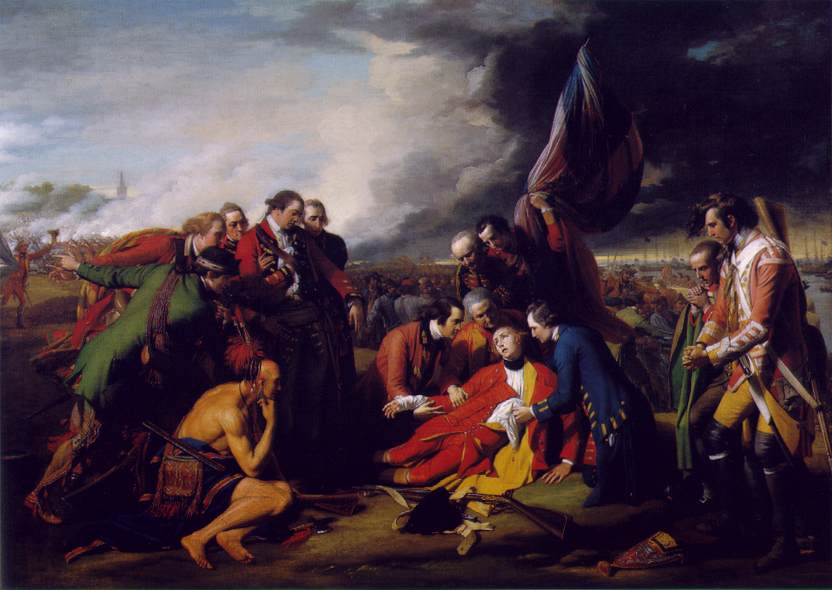Matt Taibbi on David Brooks on Michael Hastings on General Stanley McChrystal:
” . . . . Brooks drags us all to the same dreary place that every conservative columnist eventually goes to in these discussions of sourcing and secrecy and attribution. He regurgitates the tired idea that the press lost its sense of patriotism after Vietnam and Watergate and began reflexively searching for political scalps with gotcha headlines – instead of working collegially with power to sift through the “kvetching” to sit on embarrassing but irrelevant stuff while revealing to the public the few truths it needed to know. Here’s how Brooks put it:
Then, after Vietnam, an ethos of exposure swept the culture. The assumption among many journalists was that the establishment may seem upstanding, but there is a secret corruption deep down. It became the task of journalism to expose the underbelly of public life, to hunt for impurity, assuming that the dark hidden lives of public officials were more important than the official performances.
This is a load of crap. It’s bad even by Brooks standards.
Yeah, we have a press corps that goes after “impurities” these days, but you know what kind of impurities they’re after? They’re after Monica Lewinsky’s dress, they’re after gay blowjobs in train stations, they’re after governors who like high-priced escorts and televangelists who like to do meth with male escorts. And yes, they go after that stuff with an Inquisition-like intensity nowadays, but that has nothing to do with Watergate and Vietnam and everything to do with the media business turning into a nihilistic for-profit industry every bit as amoral and bloodless as oil or banking or big tobacco.”

